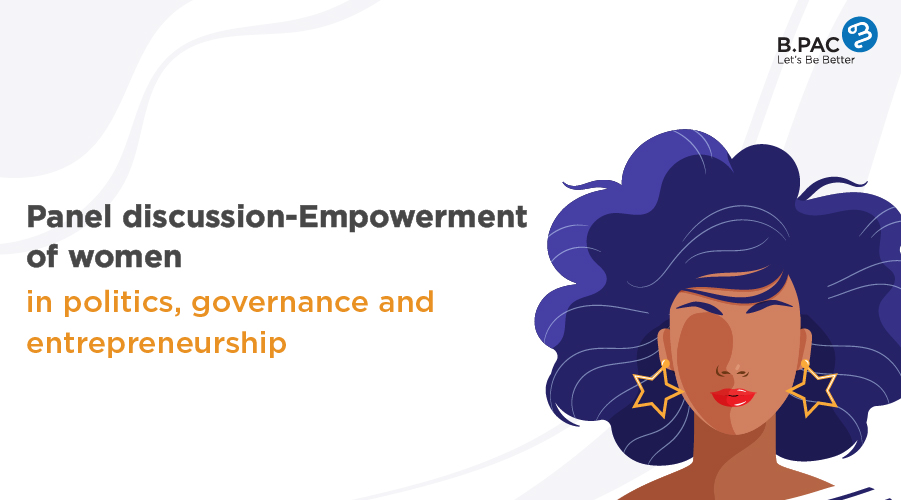India’s 2019 General Elections has recently concluded, and the country has experienced its highest voter turnout in decades. Of these, the votes of the ‘youth’ (which can be loosely defined as those between the ages of 18 and 25) have played a significant part in shaping the outcome of the election.
With a median age of 29, India is undoubtedly a young country. More than 600 million people are under the age of 25 and this year India registered a total of more than 15 million first-time voters on its central electoral roll. Despite this, the election year of 2019 is not exceptional with respect to the youth of the country. India has been seeing a shift towards increased youth participation in the democratic process for some time now. The previous 2014 general elections had seen record participation from people in this age group. The percentage of voters in the age range of 18-25 exceeded the All India turnout for the first time by approximately 2 percent. Indeed, countless reports and studies have concluded the vote of the youth played a large part in the BJP’s 2014 victory.
The trend of the increasing importance of youth vote has been made readily visible since 2009. It was largely believed that a high number of young candidates (defined as those under the age of 40) were elected to the 15th Lok Sabha due to their popularity amongst young voters.
However, even though the youth are coming out to vote in large numbers, they are still absent from another critically important area of the political process. The number of young Indians who actually contest elections and can hold office is abysmally low. The 2009 General Elections received large amounts of media attention for having a high number of young candidates elected to the lower house.
Still, the actual number of MPs under the age of 40 was only 79 out of 543. As the amount of youth voting has increased in subsequent elections, the percentage of elected young representatives has declined in the Lok Sabha. 69 members were elected to a house of 543 in 2014. Although there has been improvement since then, the number of MPs between the ages of 25-40 is still only at 12%, again lower than it was in 2009.
Although we are seeing a greater portion of the youth exercising their right of franchise, many are still reluctant to stand for election and hold public office.
There is a multitude of reasons for this:-
youngsters being deterred from contesting due to nepotism and a lack of access to funds, being the foremost reasons amongst them. Although it is clear that efforts need to be made to make the political system more accessible for all, the youth need to take the plunge into the political world, now more than ever. Without direct representation in the upper ranks of the political set-up, there is no guarantee that the grievances of the young will be heard and acted upon.
For this country to succeed and develop dynamically, the voices of the youth need to sound out loud and clear in the Lok Sabha, the State Assemblies, and the like.




